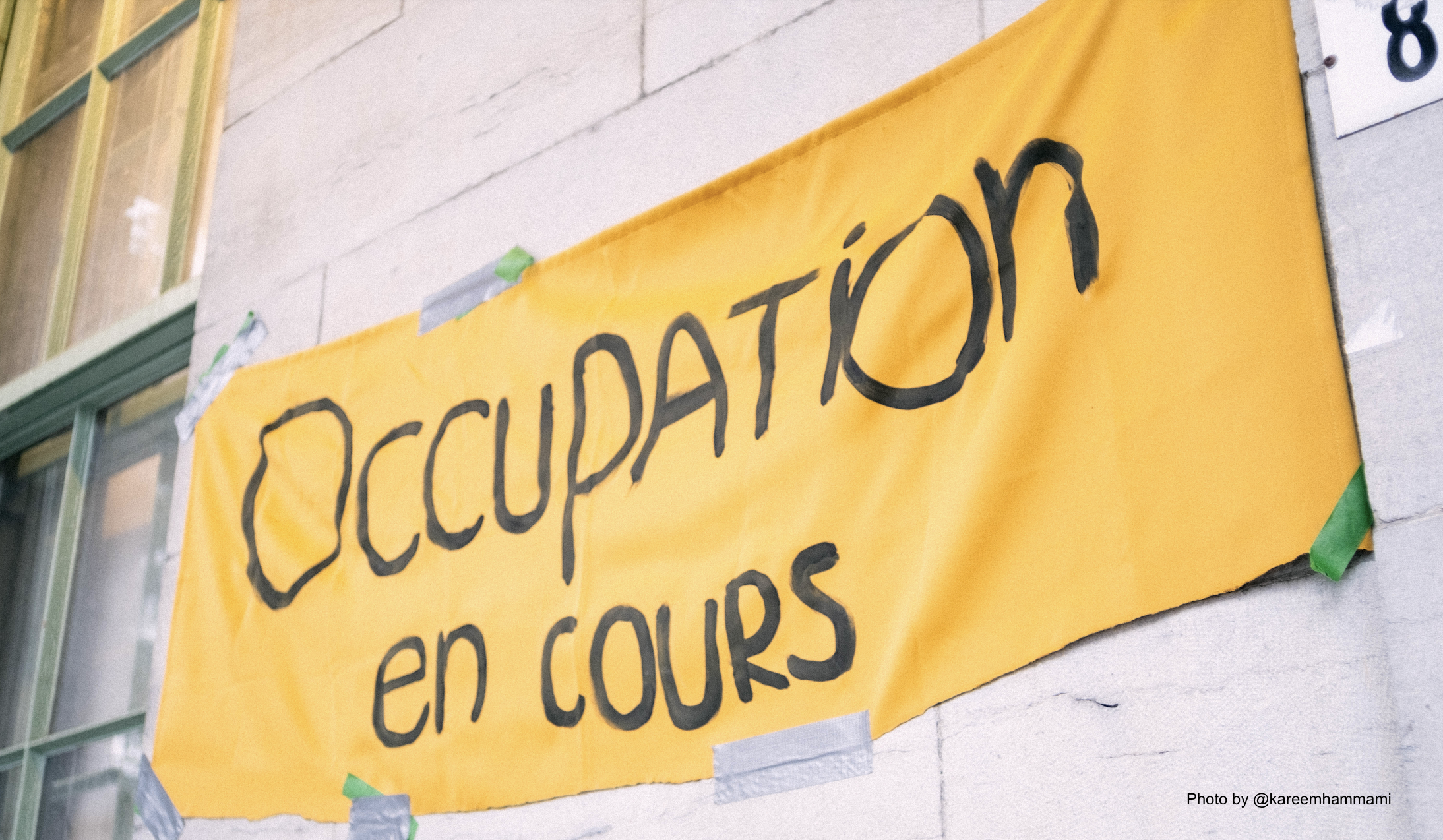
COMBATIVE SYNDICALISM
Combative syndicalism is a strategy for social change that has been employed by radical labor unions since the late 19th century to contest and denounce state policies opposed to working-class interests.
Syndicalism is a concept with European, particularly French, roots, that reached its height during the early 20th century and further gained global currency. In line with Marxian traditions and relevant schools of thought, it stipulated that “the exploitation of workers by employers is at the core of the capitalist system and thus advocate confronting conflict head on since elites and the states will not give into working class demands unless they are forced to seed.” Combative syndicalism distinguishes itself from similar concepts by combining its theoretical and philosophical tenets to a well-defined practical and actionable agenda. These actions include building solidarity and internal legitimacy among members through steady escalation of pressure, constant grassroots mobilization along with deployment of disruptive tactics such as direct action. However, it is essential to note that not all combative syndicalism movements espouse such ideals and values. Over time, various iterations and types of syndicalism have seen the day, including far-right adaptations akin to combative fascist syndicalism.
Combative syndicalism has historically been adopted by unions and associations. In Quebec, the impactful tradition of combative syndicalism dates to the 1960s “when francophone students in Montreal drafted their charter of students’ rights and responsibilities defining the student as a young intellectual worker”. By mobilizing through combative syndicalism, Quebec experienced its first general student strike in 1968, leading to the creation of accessible francophone public universities. Ever since, student associations have organized, mobilized, and lobbied to ensure low tuition fees. In February 2012, student associations in Quebec spearheaded the longest general and unlimited student strike that lasted for over six months in opposition to the proposed tuition fee increase. Since the strike, no government has attempted to reinstate such an increase, and Quebec remains the province with the lowest tuition fee.
Improving Combative Syndicalism within SSMU
The tradition of combative syndicalism within student movements has yielded positive and tangible gains when it comes to ensuring equity and accessibility within higher education. As such, it is important that SSMU and McGill associations across faculties continue to champion combative syndicalism. There are multiple ways and avenues to do so including but not limited to:
- holding frequent General Assemblies and deploying greater efforts to ensure quorum is met as direct collaboration and direct democracy are foundational to combative syndicalism;
- amending the SSMU Constitution to further imbed these principles and actions across mandates and departments,
- improving strike provisions;
- supporting faculty and departmental student associations in their certification process under the Quebec law;
- and providing students and faculty with materials and safety information for protests.
Key Resources on Combative Syndicalism
Rachel Brooks, eds., Student Politics and Protest: International perspectives, Taylor & Francis, 2016.
Cayley Sorochan, Practices and principles of combative syndicalism in the 2012 Quebec student strike, Estudos Ibero-Americanos, vol. 41, núm. 2, julio-diciembre, 2015, pp. 261-284.
Prairie Struggle. Combative Unionism: Waging Class War Within Labour, from libcom.org
Source: Retrieved on and libcom.org, december 2021, https://theanarchistlibrary.org/library/combativeunionism.
